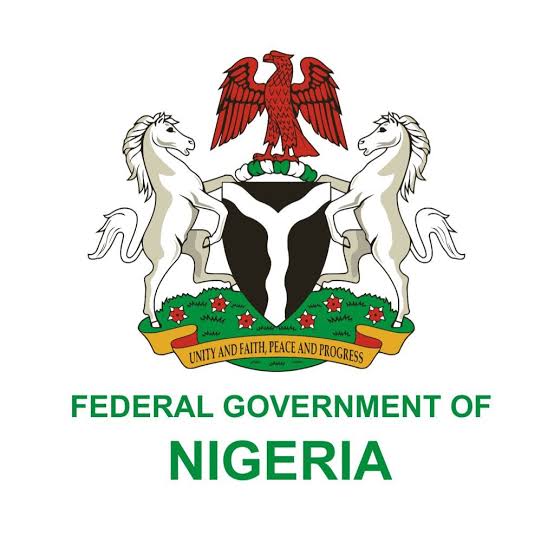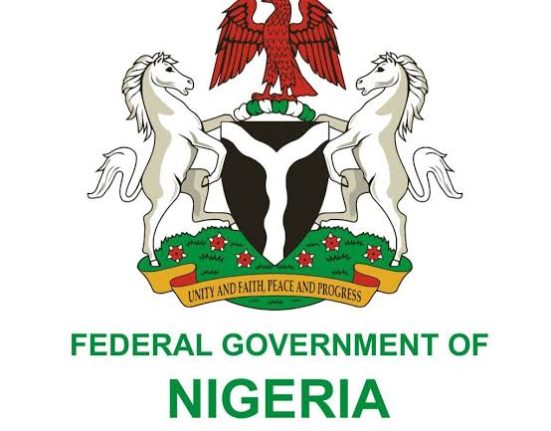The Federal Government is poised to receive the first batch of 3,205,101 meters aimed at bridging Nigeria’s electricity metering gap. A statement issued by the Special Adviser on Strategic Communications and Media Relations to the Minister of Power, Adebayo Adelabu, Bolaji Tunji, revealed that the first batch will consist of 75,000 meters, expected to arrive by the end of April 2025. A second batch of 200,000 meters is scheduled for delivery in May 2025. In total, 275,000 meters are set to be delivered between April and May this year.
Metering installations have been steadily progressing across the country. As of December 2024, a total of 5,502,460 customers had been metered, representing approximately 55% of the 10,114,060 active electricity customers in Nigeria. During 2024 alone, 572,050 meters were installed. While the government acknowledges the metering gap that still exists, it has been proactive in addressing the issue. Despite the gap, a substantial portion of electricity users in Nigeria already have meters, Tunji noted.
The report further detailed that the government has been installing an average of about 668,000 meters annually over recent years, but initiatives are now in place to speed up the process. Structured financing and government-backed programs are expected to help accelerate deployment, ensuring the metering gap is narrowed efficiently.
To address this metering gap, the government has set up several key initiatives, including the Distribution Sector Recovery Programme (DISREP), which is set to deliver 3,205,101 meters by 2026. This effort will utilize various procurement models, with 1,437,501 meters coming from International Competitive Bid 1 (ICB1), 217,600 meters from a National Competitive Bid, and another 1,550,000 meters through International Competitive Bid 2 (ICB2).
As part of this initiative, the first batch of 75,000 meters under ICB1 is expected by April 2025, with an additional 200,000 meters slated for delivery in May 2025. Tunji also highlighted the Presidential Metering Initiative (PMI), a separate initiative with a budget of N700 billion aimed at accelerating the pace of metering across the country. The initiative, backed by the Federation Account Allocation Committee, is set to significantly scale up meter procurement and deployment. A special purpose vehicle has already been established to oversee the implementation of the PMI.
The government plans to deploy two million meters annually over the next five years, with the tender for the first batch of two million meters expected to be released by the third quarter of 2025.
Tunji added that these interventions, including DISREP and PMI, are designed to provide a comprehensive roadmap for addressing the metering gap in Nigeria. The combined efforts are expected to significantly improve the country’s metering landscape by the end of 2025, with plans already in motion to ramp up the installation of meters across the nation.

